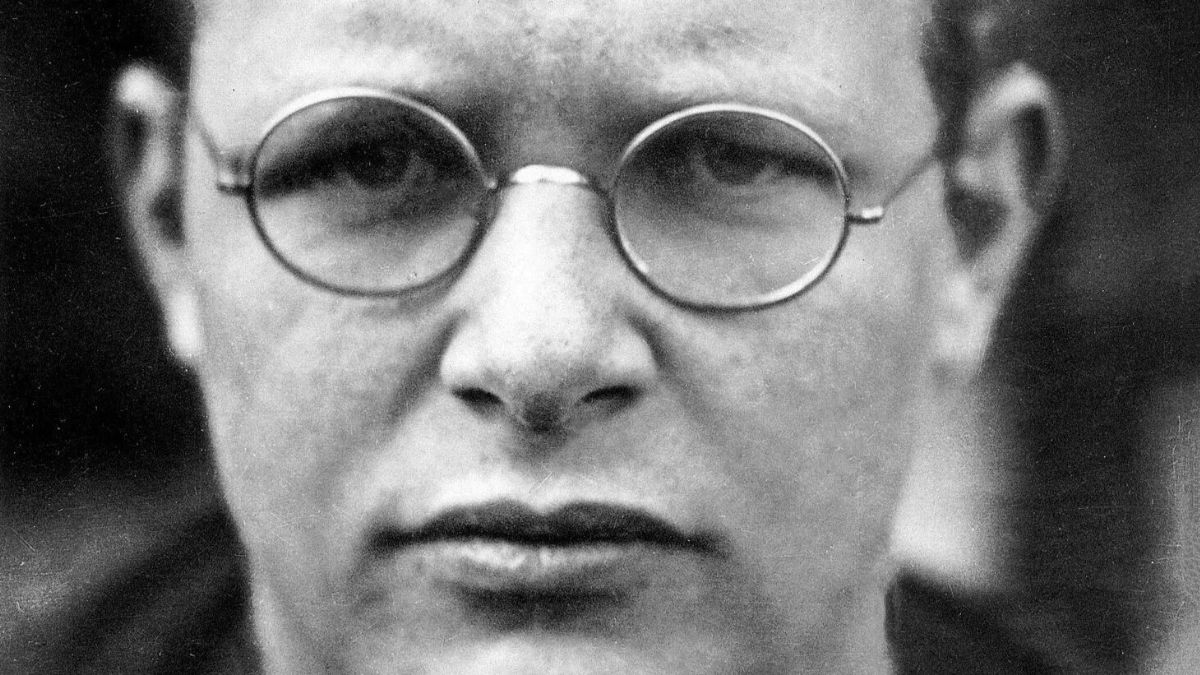


The people have spoken, wrote Charles Krauthammer in a recent column. They have voted on the abortion issue, and they have come out pro-choice. The anti-abortion position has lost the political contest.
Krauthammer ticks off the evidence: A new pro-choice president. A solidly pro-abortion Congress. A Supreme Court that still, after several Republican appointments, refuses to overturn abortion on demand.
The moral of the story, in Krauthammer’s interpretation, is that “democracy works.” In a democracy, the law reflects the people’s basic mores. The conviction of the American people is that abortion should remain legal. And so, Krauthammer concludes, “The great national debate is over.”
But is it? Should pro-lifers pack their bags and go home? Should we give up on politics?
Absolutely not. It’s true that we live in a democracy, but what does that really mean? Is democracy just a matter of counting heads? Does it mean we simply bow to the decrees of the majority?
Of course not. And conservatives like Mr. Krauthammer ought to know better. From its inception the American government has claimed to be more than the rule of a majority: It has claimed to be the rule of an idea—the idea that all men are created equal and are endowed by their Creator with certain inalienable rights, including life, liberty, and the pursuit of happiness.
Life. If it is truly an “inalienable right,” as the Declaration of Independence says, then it cannot be taken away—even by the democratic process.
This is a critical point to understand.
As philosopher Mortimer Adler explains, there are two kinds of rights: those that are negotiable and those that are not. Human beings living under a civil government have many rights that are conferred on them by the laws of the state or by its constitution. These are called civil rights or constitutional rights, depending on their source.
But if the state is the source of a right, the state can also revoke it. The same power that gives a right can take it away. Civil and constitutional rights are negotiable, subject to the political process.
But inalienable rights are rights that can not be revoked by the state—for they have a different source. As the Declaration puts it, they are endowed by the Creator. And that gives these rights moral authority, even when the state refuses to recognize them.
And even when the people vote them down.
In fact, these rights constitute the standard by which we judge whether a state is just or not. Does the state respect the inalienable rights that belong to citizens simply by virtue of being human? If not, then the government is unjust.
Government based on a higher standard is called the rule of law. Under the rule of law, no person, no group—not even the majority—defines what is just. Justice is defined by a higher standard, which guarantees that certain rights remain inalienable.
So we can grant Krauthammer half a point. He’s right when he says pro-lifers need to give as much attention to persuasion as to politics. We need to change minds before we can change the law.
But never let it be said that our cause is lost simply because we lost a vote. The right to life is not negotiable.














